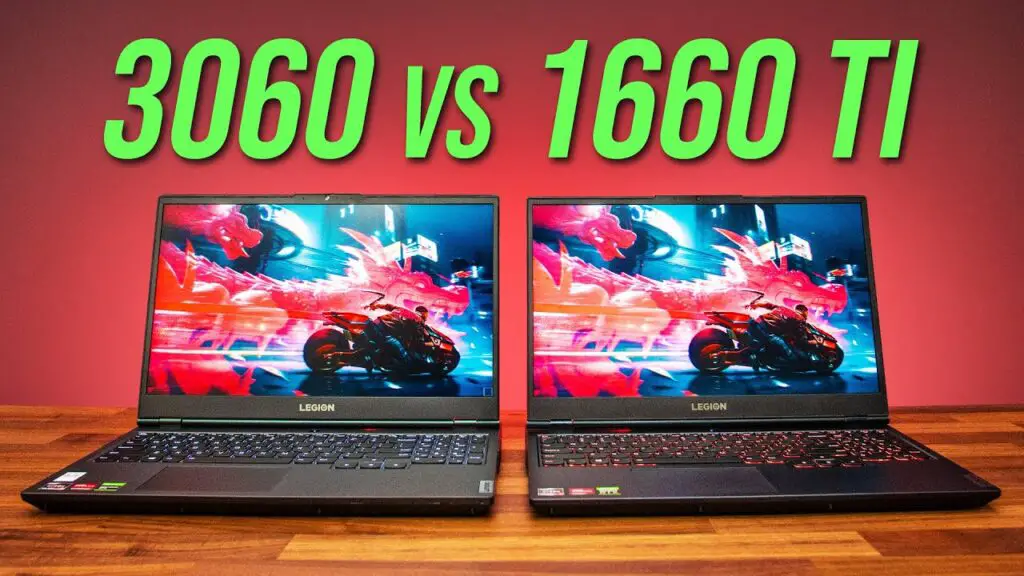best laptop for network engineer
I. Introduction
Laptops have become an indispensable tool for network engineers in today’s fast-paced technology landscape. From configuring network systems to performing troubleshooting and maintenance, laptops play a crucial role in ensuring the smooth functioning of networks. But what makes laptops so essential for network engineers? And why is it important to have a good quality laptop for this field of work?
A. Explanation of the Importance of Laptops for Network Engineers
The Convenience Factor
The most obvious advantage of laptops for network engineers is their portability. Network engineers are often required to travel to different locations to resolve network issues, and laptops allow them to take their work with them. With a laptop, network engineers can easily access their tools and software, troubleshoot and fix problems, and perform other tasks on-the-go.
The Power to Perform
Laptops are equipped with powerful hardware and software that allow network engineers to perform their work with ease. They come with high-performance processors, ample storage and memory, and graphics cards that allow them to run complex network simulations and visualisations. With a good quality laptop, network engineers can perform their work faster, more accurately, and with less downtime.
Essential Tools and Software
Another important factor that makes laptops essential for network engineers is the wide range of tools and software available for network management and monitoring. These tools and software are specifically designed to help network engineers diagnose and resolve network issues quickly and efficiently. From network monitoring tools like SolarWinds, Wireshark, and Nagios, to configuration management tools like Ansible and Puppet, laptops provide network engineers with access to the tools they need to get their job done.
B. Purpose of the article
The purpose of the article is to provide information and recommendations for the best laptop for network engineering. The article will likely highlight features and specifications that are important for network engineers, such as processing power, memory, storage, and connectivity options, and evaluate various laptop models based on those criteria to determine which one is the best for network engineering work.
II. Factors to Consider When Selecting a Laptop for Network Engineers
A. Processor and RAM
B. Graphics Card
C. Storage
D. Display
E. Connectivity
F. Durability
Yes, these are factors to consider when selecting a laptop for network engineers:
A. Processor and RAM:
Network engineers often require a laptop with a powerful processor and large amount of RAM to handle multiple applications, virtual machines and network simulations simultaneously. It is recommended to choose a laptop with a processor from Intel’s Core i5/i7 or AMD’s Ryzen 5/7 series and at least 8GB of RAM, with the option to upgrade to 16GB or higher.
B. Graphics Card:
Network engineers generally do not require a high-end graphics card for their work. However, having a dedicated graphics card can be useful for certain tasks such as video rendering or 3D modelling. If the laptop is not being used for graphical intensive tasks, an integrated graphics card will suffice.
C. Storage:
Network engineers need a laptop with fast and reliable storage. An SSD is recommended as it provides fast boot and load times, and also ensures that data is safe in the event of a physical shock. It is recommended to choose a laptop with at least 256GB of SSD storage and the option to upgrade to a larger size if needed.
D. Display:
A high-resolution display is important for network engineers as they often work with network diagrams and configurations. A display with a resolution of at least 1920×1080 and good colour accuracy is recommended for clear and accurate visualisation of information.
E. Connectivity:
Network engineers often need to work on different network infrastructures and therefore require a laptop with strong and flexible connectivity options. A laptop with multiple ports (e.g. USB, Ethernet, HDMI) and strong wireless connectivity (e.g. Wi-Fi 6) is ideal, allowing for easy connectivity to different network devices and accessories.
F. Durability:
Network engineers often work onsite and need to carry their laptops with them, so it is important to choose a laptop that is durable and can withstand the wear and tear of frequent travel. Features such as a robust chassis, spill-resistant keyboard and a protective carrying case can help to ensure the longevity of the laptop.
III. Top Laptop Options for Network Engineers
A. Dell XPS 15
B. Lenovo ThinkPad X1 Carbon
C. HP Spectre x360
D. Razer Blade Pro 17
E. MacBook Pro (for those who prefer Apple products)
These are some top laptop options for network engineers:
A. Dell XPS 15:

A premium laptop with a powerful Intel Core processor and high-performance graphics card, making it suitable for demanding network engineering tasks. It also has a slim and lightweight design, making it easy to carry around.
B. Lenovo ThinkPad X1 Carbon:
A durable and reliable laptop, known for its military-grade toughness. It has a powerful Intel Core processor, a long battery life, and a comfortable keyboard, making it a great option for network engineers who need a laptop that can withstand rough use.
C. HP Spectre x360:
A 2-in-1 laptop that can be used as both a laptop and a tablet. It has a sleek and lightweight design, and is powered by a powerful Intel Core processor. It’s a great option for network engineers who need a laptop that is both versatile and portable.
D. Razer Blade Pro 17:
A high-performance laptop designed for gaming, but also suitable for network engineering tasks. It has a powerful Intel Core processor and a high-performance NVIDIA graphics card, making it ideal for resource-intensive tasks.
E. MacBook Pro:
A laptop made by Apple, known for its sleek and premium design. It has a powerful Apple M1 chip and a high-resolution Retina display, making it a great option for network engineers who prefer Apple products and need a laptop that can handle demanding tasks.
IV. Considerations for Budget-Friendly Options
A. Acer Aspire 5
B. ASUS VivoBook S15
C. Lenovo IdeaPad 5
D. HP Pavilion x360
These laptops are budget-friendly options for network engineering:
A. Acer Aspire 5 – This budget laptop offers good performance with its Intel Core processors and ample storage space. It’s a good choice for network engineers who want a laptop for basic tasks and general use.
B. ASUS VivoBook S15 – This laptop is lightweight and portable, making it ideal for on-the-go network engineers. It features a full HD display and a good balance of performance and battery life.
C. Lenovo IdeaPad 5 – This reliable and affordable laptop offers good performance with its Intel Core processors and ample storage space. It’s a good option for network engineers who need a dependable laptop for basic tasks.
D. HP Pavilion x360 – This versatile laptop offers a touch screen option, making it ideal for network engineers who need a laptop that can multitask. It’s budget-friendly and offers good performance for basic tasks.
FAQS
- What are the most important factors to consider when choosing a laptop for network engineering work?
- Processor and RAM, Graphics Card, Storage, Display, Connectivity, Durability.
- What type of processor and RAM do network engineers need in a laptop?
- A laptop with a processor from Intel’s Core i5/i7 or AMD’s Ryzen 5/7 series and at least 8GB of RAM, with the option to upgrade to 16GB or higher.
- What kind of storage do network engineers need in a laptop?
- An SSD with at least 256GB of storage and the option to upgrade to a larger size if needed.
- What type of display is recommended for network engineers?
- A high-resolution display with a resolution of at least 1920×1080 and good color accuracy.
- What type of connectivity options should network engineers look for in a laptop?
- A laptop with multiple ports (e.g. USB, Ethernet, HDMI) and strong wireless connectivity (e.g. Wi-Fi 6).
V. Conclusion
A. Summary of the most important features to look for
B. Final recommendations based on personal preferences and budget
C. Emphasis on the importance of investing in a good laptop for the job
A. For a laptop for network engineering, look for the following features:
- High processing power (preferably an i7 or i9 processor)
- Good amount of RAM (at least 16GB)
- Dedicated GPU
- Fast storage (SSD)
- Good battery life
- Durable design
- Adequate connectivity options (such as Ethernet, USB-A and USB-C ports)
B. Based on personal preferences and budget, some final recommendations include:
- Dell XPS 15 (9500)
- MacBook Pro (16-inch)
- ASUS ROG Zephyrus G14
- HP Spectre x360
- Razer Blade Pro 17
C. Investing in a good laptop is crucial for network engineers, as the work requires multitasking and running multiple applications simultaneously, which can put a strain on a laptop’s hardware. A good laptop will not only increase productivity but also ensure reliability, making the job easier and smoother.
Note: The laptops mentioned above are just examples and the article could cover more or fewer options based on the writer’s preference.


